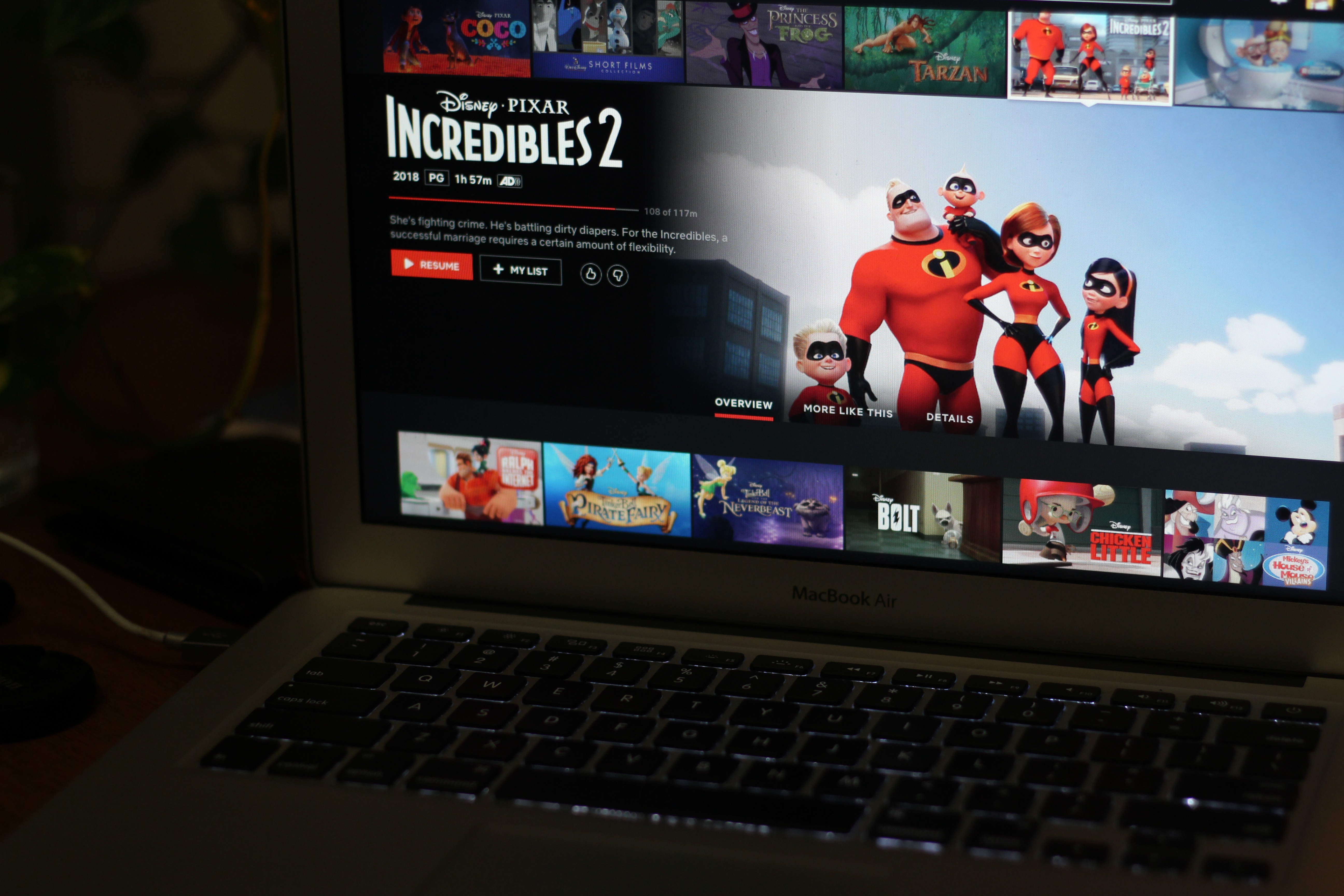Most people have a personal connection with Disney franchises and parks based on childhood experiences. But in the past 20 years, Disney has grown past just princess movies and stories about toys coming to life. It is now a conglomerate of several major studios and has the majority of the world’s highest grossing movies under its umbrella.
The term monopoly may seem appropriate in this case. If a business is becoming a monopoly, it means that the company is buying similar businesses to control the prices of the goods or services that each business sells. For example, Walt Disney Studios has been producing movies since the late 1920s. Most people are aware of classics such as the original Mickey Mouse, as well as the first Disney princess movies, including Cinderella, Snow White and Sleeping Beauty.
Other studios that have been in competition with them include 20th Century Fox, FX, as well as franchises franchises such as Marvel, Star Wars, the Muppets and even Grey’s Anatomy. Now, Disney has bought out those studios to expand their business and revenue. But how ethical is this?
Students who have grown up with the Disney company spoke up about their thoughts on the corporation taking over more and more of the entertainment business.
“Disney is merely taking out the competition. Eliminating the competition is a plus, there’s no one to outdo you,” Brianna Livingston, a junior early childhood education major, said. ”Completely obliterating your opponent makes the competition boring. 2019 is an interesting year in the entertainment industry. This media consolidation will be the largest media merger on record.”
Emily Bowers, a junior art major, weighed in on the speculation that Disney is becoming a monopoly.
“I think Disney is definitely on its way to becoming a monopoly and it doesn’t have far to go before it can officially be considered one,” she said. “At this point, I don’t necessarily have a positive or a negative opinion on it because the buying of those studios is still fairly recent. As time goes on, if those studios’ styles change then that will determine my opinion.”
“I am wary of Disney owning every studio as I feel the content may begin to become repetitive and that the content created will be very selective. I do feel like it will have an impact on future movies as the remaining studios begin to compete to not only keep up with Disney, but to keep themselves from being bought out,” Bowers said.
Winthrop alumni, like Zina Weaver, a class of 2018 graduate, also have opinions regarding Disney and its apparent growing monopoly status.
“Disney is one of the greatest corporations in history. Anyone who doubts if Disney is a growing monopoly is denying what’s been visible for decades,” Weaver said.
“It’s been one of the most lucrative and impressive takeovers I’ve ever seen,” she said. “It’s so much that when people think of Disney, they can think of so much more than the movies. It’s a vacation destination, books, fashion, and so much more. That alone makes Disney a top competitor.”
“While others sell a story or show, Disney sells a universe so vast and interconnected that there’s often something for everyone in it, Weaver said. “You’ll see as many people in their 50s and 20s at a Disney movie as you will 5-year-olds and I think that’s a special formula that other big movie companies haven’t been able to master yet. Disney knows this and because of it they can work half as hard on remakes and still make fortunes.”
So what does this mean for future movies? Soon, big companies such as Disney will be competing for one of the top three, two, or maybe even the only foreseen spot as ‘leading studio.’ Whether Disney will be classified as a monopoly or not is a question that only time will answer. We may soon be seeing mouse ears in the corner of our televisions for the rest of our lives.
Photo: Kevin Seabrook/ The Johnsonian




